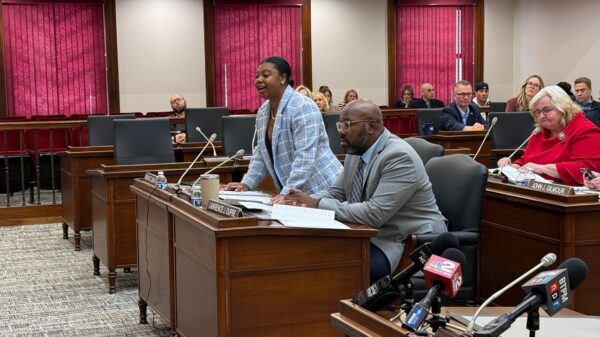In response to an editorial published on August 3, hunters in Nevada have voiced strong opposition to recent proposals for the sale of federal lands. Their concerns center on the potential negative impact these sales could have on both the hunting community and local infrastructure. The editorial suggested that selling public lands could alleviate housing affordability issues, but critics argue this approach lacks community input and fails to address the underlying problems.
Community Engagement and Infrastructure
Opponents of the proposed land sales emphasize that selling public lands without engaging local communities would not effectively resolve Nevada’s housing challenges. Many believe that placing new “affordable housing” developments on the outskirts of Las Vegas does not align with the realities of employment in the area. Most new homeowners are likely to work in the city center, making such locations impractical for families seeking affordable options.
Impact on Wildlife Habitats
Additionally, the areas identified in the editorial as “empty space” are vital habitats for various wildlife species, including quail, deer, elk, and wild sheep. For Nevada’s hunting community, these lands are not only important for recreational activities but also for conservation efforts. According to local hunters, they have invested time and resources into developing water guzzlers and conducting habitat rehabilitation projects aimed at sustaining wildlife populations for future generations.
Hunters argue that these lands should not be considered for sale without consulting the stakeholders who rely on them. As habitat continues to decline in Nevada for various reasons, the hunting community remains committed to protecting these vital ecosystems and advocating for conservation funding.
In summary, the debate over the proposed federal land sales in Nevada highlights the complex intersection of community needs, wildlife conservation, and housing policies. As discussions continue, stakeholders are urging for a more inclusive approach that takes into account the views and needs of those who depend on these public lands.





































































